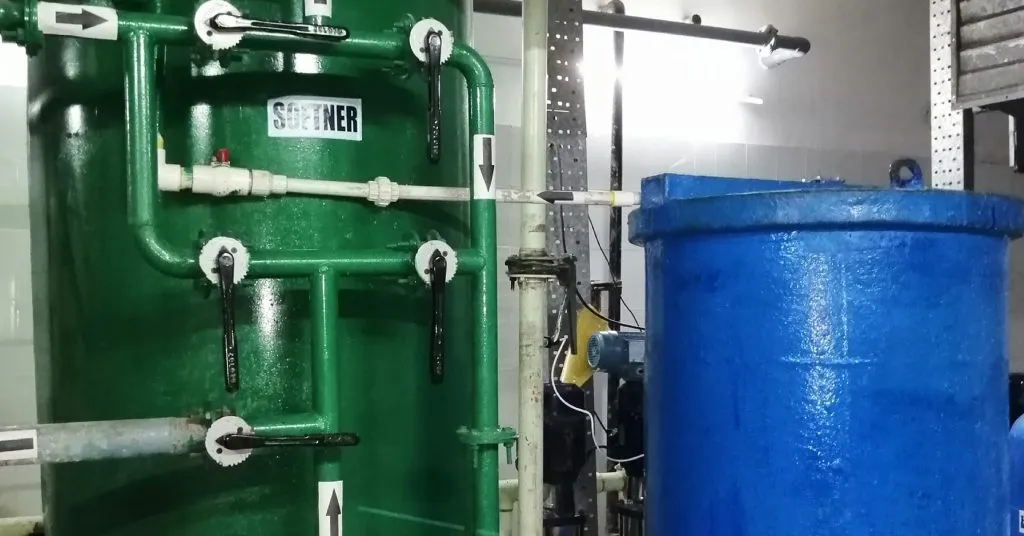In a groundbreaking study published in the journal ‘Desalination and Water Treatment’ (which translates to ‘Water Purification and Treatment’), researchers have demonstrated a promising approach to reclaiming clean water from municipal wastewater, addressing both water scarcity and nutrient recovery. The study, led by Rhulani Shingwenyana from the Water Research Centre at the Council for Scientific and Industrial Research (CSIR) in South Africa, explores the use of membrane distillation (MD) as a zero-liquid-discharge (ZLD) approach, integrating nutrient recovery with clean water reclamation.
The research focused on comparing two hydrophobic membranes: polytetrafluoroethylene (PTFE) and polyvinylidene fluoride (PVDF). PTFE emerged as the more favorable option, with pre-treatment of the wastewater significantly enhancing membrane flux and minimizing ammonia permeation. This pre-treatment process, which included sand filtration, activated carbon adsorption, and acidification/neutralization, played a crucial role in preventing scaling and increasing the solution’s pH.
“Pre-treating the struvite synthesis supernatant before membrane distillation greatly enhanced the flux of the membrane and minimized the permeation of ammonia,” Shingwenyana explained. “This not only prevented scaling but also aided in increasing the pH of the solution, making the process more efficient and durable.”
The PTFE membranes achieved an average mass flux of 1.4 g/cm²/h over an extended period, suggesting their durability and potential for long-term use. The high-quality product water reclaimed through this process can be used in agriculture, industry, or even for drinking water, although remineralization is required.
This research is particularly relevant to the energy sector, as it offers a sustainable solution for water reclamation and nutrient recovery. By integrating nutrient recovery with clean water reclamation, this technology can valorize municipal wastewater and partially address water scarcity concerns, not just in South Africa but further afield.
“The results obtained from this study suggest that integrating nutrient recovery with clean water reclamation using membrane distillation can be a feasible option,” Shingwenyana noted. “This technology not only valorizes municipal wastewater but also partially addresses the water scarcity concerns in South Africa and beyond.”
The study’s findings could shape future developments in the field of wastewater treatment, particularly in the context of circular economy and closed-loop systems (CLS). By demonstrating the feasibility of bridging the gap between brine-rich technologies and ZLD systems, this research paves the way for more sustainable and efficient water management practices.
As the world grapples with increasing water scarcity and the need for sustainable development, this research offers a glimmer of hope. It highlights the potential of membrane distillation as a viable solution for clean water reclamation and nutrient recovery, contributing to the achievement of Sustainable Development Goal (SDG) 6: Clean water and sanitation.

